
by Alexandra Alexander, PhD
There is power in being a learner. We tell children this all the time. “Knowledge is Power!” Are you imagining the inspirational poster hanging on your elementary school classroom? But somehow, as we age, as we graduate high school or graduate from college, its as if those ceremonies signify, “I’m done learning, I’m ready to go “do” in the world”. But the most successful people are those that never stop learning. That’s because our world never stops changing. We can see this in some of our biggest and brightest tech leaders, like Elon Musk and his ongoing pursuit to reinvent space travel and automobiles. He is always learning and growing. Or think of the small business owner. Those that survived the pandemic did so because they learned how to adapt, like putting their menu onto Uber Eats, and adjust to changes in their clientele.
When looking to the teaching profession, specifically in early childhood, it is critical that teachers are supported as learners. Being a teacher is difficult! It’s difficult not just because of the classroom stressors of managing multiple little ones, or navigating relationships with parents, or bracing for high-stakes testing and classroom observations. The actual work of connecting with a child, figuring out where they are and what they need, and how to best support their progress is complicated. In his 2007 paper, Change the Terms for Teacher Learning, Michael Fullan explains that teaching requires both personalization and precision. Personalization, to understand and address the individual needs of each child, daily. Precision, to meet those learning needs in a focused and effective way. He says, “…personalization and precision as just defined cannot possibly occur unless every teacher is deeply immersed daily in learning how to do this, all the while adapting to the dynamic learning needs of students, all the while getting better at meeting those needs.”
So how do we best support teachers as learners? Think about how we best support our children as learners. We know that lecturing at children, telling them what to do and how to do it does little to engage children in learning and even less to stimulate their minds and bring them past rote, procedural knowledge. Similarly, we know that the one-off, lecture style training does little for adult learners as well (Darling-Hammond, Wei, Andree & Richardson, 2009).
Research from the Learning Sciences suggests that children learn best when they are engaged in hands-on, minds-on, goal-oriented, meaningful, and collaborative experiences. Adults need the same things. In 2017, Linda Darling-Hammond, Maria Hyler, and Madelyn Gardner published a report that defines seven design elements for effective professional development. They conducted an extensive literature review, coded elements of effective professional development studies, and found that successful professional development included these seven features: 1) content focused, 2) active learning, 3) collaboration, 4) use of models and modeling, 5) coaching and expert support, 6)feedback and reflection, and 7) sustained duration. Read more about the seven key features of effective PD.
Now, understanding the “ingredients” for effective professional development is only one piece of the puzzle. Think about what is required to bake a perfect apple pie. Starting with high-quality ingredients is a good start but we also need tools to help us manipulate those ingredients. Mixing blades, chopping devices, and crimping gadgets are just a few of the tools needed to work those ingredients in a way that will result in what looks to be a delicious apple pie. So, what are the tools we need to support the enactment of those seven ingredients to effective PD? There are several tools educational leaders can use to facilitate effective adult learning. Protocols are great tools to help establish routines for learning. Take a look at some of the Thinking Routines created from Harvard’s Project Zero. Although these were created to use with older children in classrooms, many of these routines are excellent tools to use with teachers during communities of practice to facilitate reflection and sharing, or to debrief after a training session.
Coaching is another great tool that may provide teachers with all of the seven ingredients for effective professional learning. Coaching typically uses an three-step, ongoing cycle including a 1) planning meeting, where teacher and coach decide on what to focus on (e.g., the teacher’s use of open ended questions); 2) an observation, wherein the coach observes the teacher in the classroom; and 3) a post-observation feedback and reflection session, wherein the coach and teacher discuss the observation as it pertains to the target focus area. Head Start’s Office of Early Childhood Learning and Knowledge Center is a great resource to find tools to support Educational Leaders’ in their role as a coach with their series of videos and resources on Practice-Based Coaching.
Let’s think back to our apple pie analogy one last time. So, we have the essential ingredients, we also have the tools to manipulate those ingredients. What’s left to do? Bake it! We need to put our pie in the oven at the right temperature for the right amount of time. We need to establish an environment that will allow the ingredients to actually “work”, otherwise, we are left with raw pie crust and undercooked apples, or something that is burnt and inedible. When we think of supporting teachers as adult learners, we need to think about the environment, the climate, that teachers are working and learning within. Focusing on school culture is essential to successfully supporting adults as learners. I advocate for the establishment of a culture of inquiry. “A culture of inquiry is an organizational culture and environment where there is a zeal for questioning and learning; a quest to understand and constantly improve the status quo.” (Stichler, 2018) Instead of leading from a top-down system where teachers are given directives from administration, a culture of inquiry requires transformational leadership, wherein leaders include teachers in decision making. In a culture of inquiry, there is space and acceptance of problems, and a collaborative effort to wonder, test out ideas, and reflect on successes and challenges. My team at the Early Science Initiative is working to support the development of cultures of inquiry at the classroom level, between teachers and children, wherein teachers reimagine young children as scientists, and at the organizational level, wherein we support educational leaders in their provision of effective embedded professional learning and family engagement.
Establishing a culture of inquiry takes time and focused effort. Get started by focusing on how you support your adult learners. Be a good model for teachers by embodying a desire to build knowledge yourself and approach your practice with questions and wonderings. Aristotle said, “We are what we repeatedly do. Excellence then, is not an act, but a habit”. Let’s imagine learning in this manner. Learning, not as an act that we do and then are “done”, but instead, let’s make learning a daily habit.
References:
Darling-Hammond, L., Wei, R. C., Andree, A., Richardson, N., & Orphanos, S. (2009). Professional learning in the learning profession. Washington, DC: National Staff Development Council.
Darling-Hammond, L., Hyler, M. E., Gardner, M. (2017). Effective Teacher Professional Development. Palo Alto, CA: Learning Policy Institute.
Fullan, M. (2007). Change the terms for teacher learning. The Learning Professional, 28(3), 35.
Stichler, J. F. (2018). Creating a Culture of Inquiry in Your Organization. HERD: Health Environments Research & Design Journal, 11(4), 7–13. https://doi.org/10.1177/1937586718802671
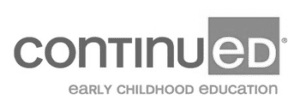
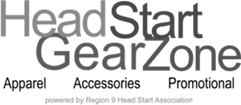



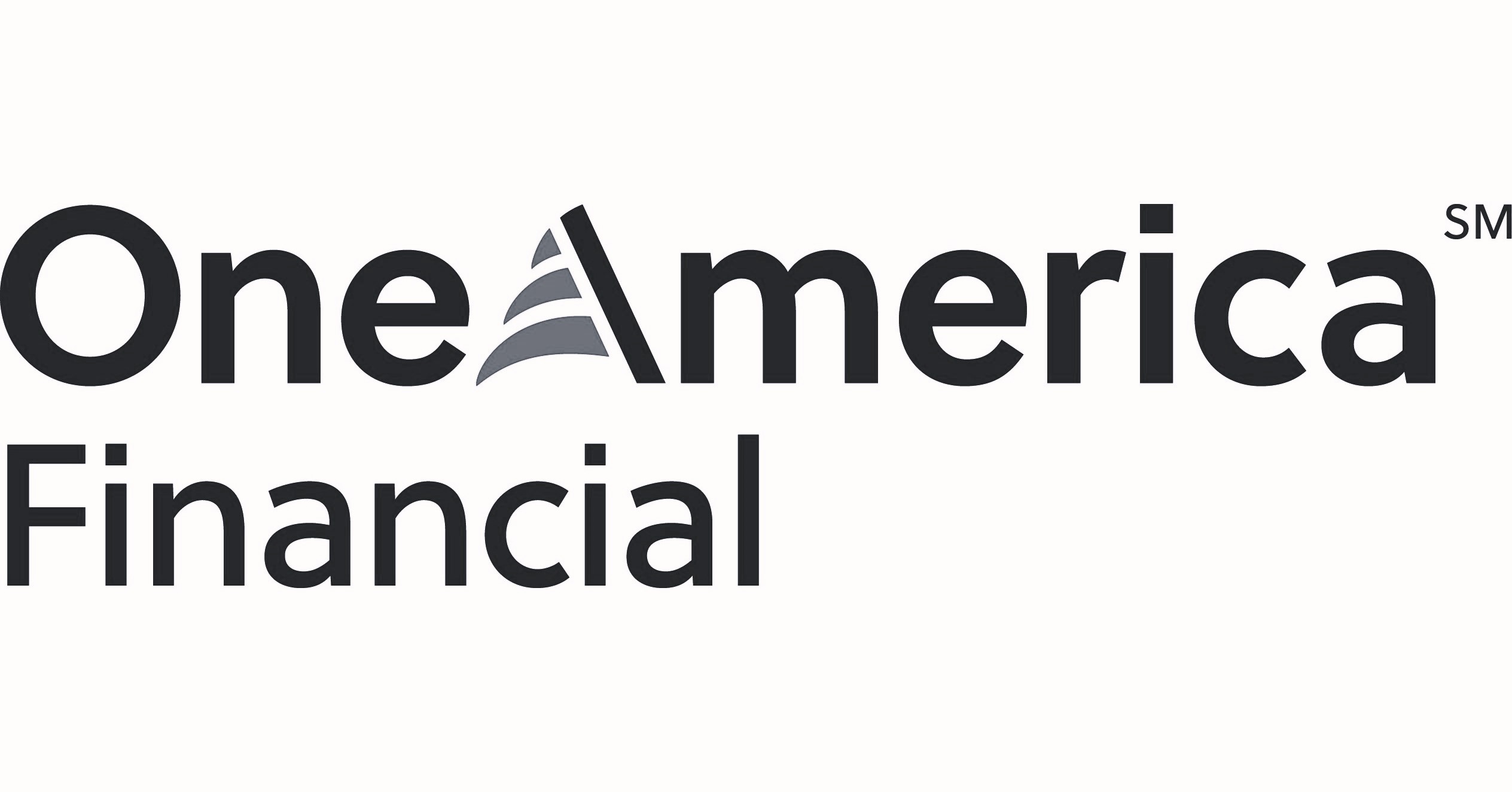
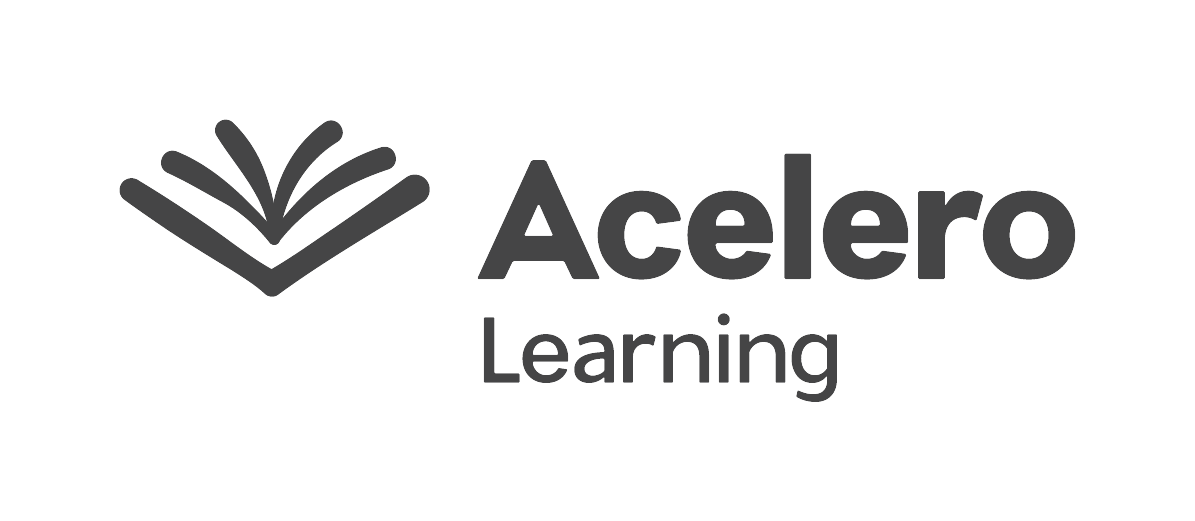
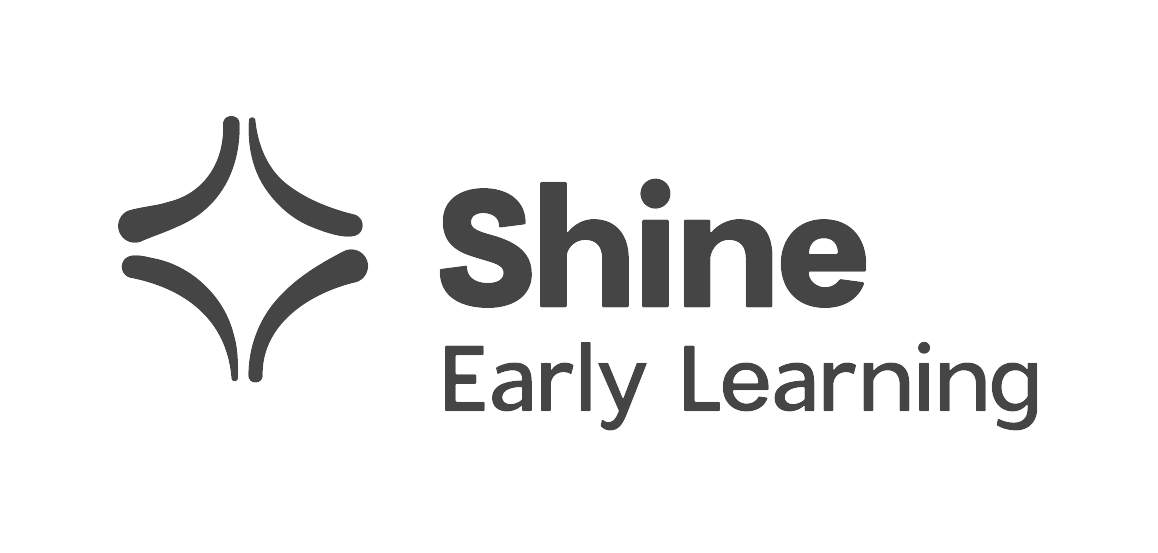

I have been to management workshops, not leadership training. This has totally changed my perspective and encouraged me to propel forward in developing my skills.
I am honored and humbled to be a recipient of the Region 9 Head Start Association’s Legacy Scholarship. The scholarship helped me get one step closer to achieving my goal of becoming a Head Start Director.
I took part in The disproportionate impact of COVID 19, and how to provide “real” support for black/brown children and families and I just want to say this was an amazing webinar. I hope we can look forward to further conversation on this topic.
Thank you so much for making events like this! I really enjoyed and learned so much teaching strategies to implement STEM in the classroom.
The HR Network was an excellent opportunity to network and learn the best practices from other HR professionals within Head Start programs. You will be amazed by the level of talent and experience of the participants.
The Summer Camp training was powerful and inspiring! Each presenter was very engaging, it’s hard to even pick a favorite session!
The Leadership Challenge training was very relevant to my work as a Head Start leader! Great facilitation; stayed with the program yet allowed time for individual and small group reflections.
Regular price $12.00
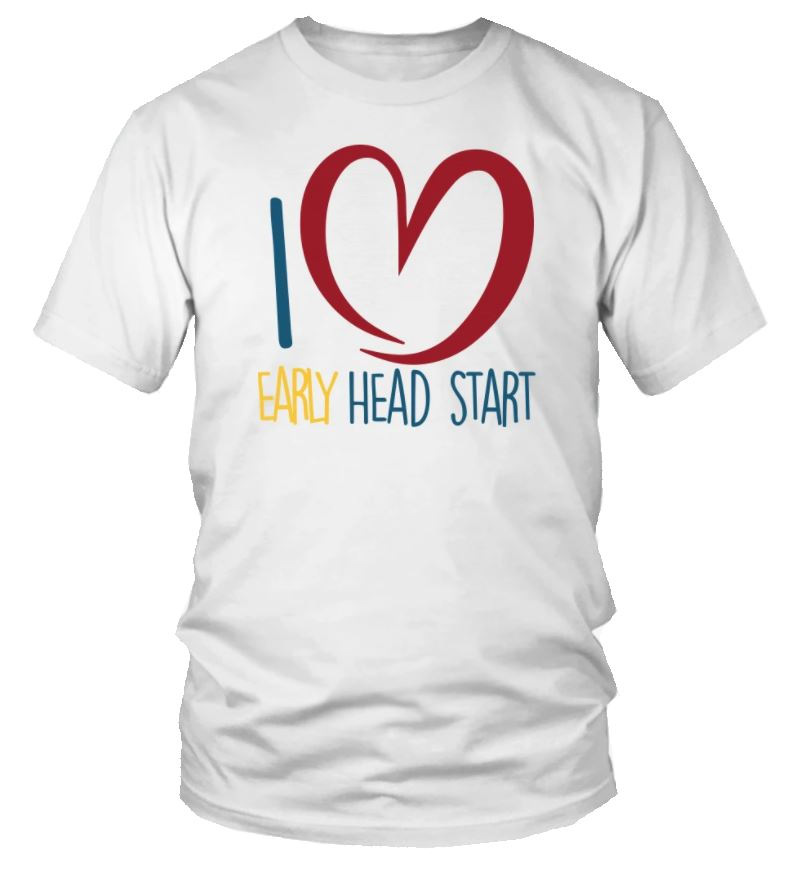
Regular price $39.00
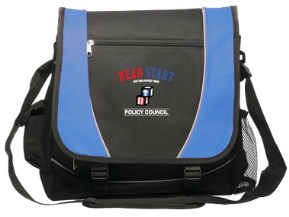


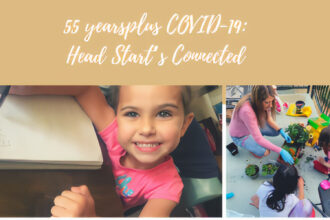
Questions? Contact us at headstartr9@region9hsa.org.